In the build-up to a feverish Asia Cup final, the subcontinent’s fiercest rivalry took on a fresh edge. India had already beaten Pakistan twice in the tournament—first by seven wickets in the group stage and then by six in the Super 4. The narrative felt settled: India, undefeated and unbothered, marching like a juggernaut. Then came Shoaib Akhtar—Rawalpindi Express in name and temperament—who shifted the conversation with a few loaded sentences on national television. What followed wasn’t just analysis; it was a rallying cry designed to puncture confidence, reshape belief, and ignite a final worthy of folklore.
The Setting: Pakistan’s Grit and India’s Stride
Pakistan had just survived a nerve-testing Super 4 clash with Bangladesh, stumbling to 49/5 before clawing back. It was a comeback soaked in grit—exactly the quality Akhtar demanded be carried into the final. On the other side, India’s machine was humming. The openers set the tone, the middle order cashed in, and the bowlers suffocated chases. Two wins over Pakistan have already painted a clear picture of control. But rivalries breathe on exceptions, not rules—and Akhtar chose that fault line with precision.
Akhtar’s Tactical Needle: Target Abhishek Sharma, Break the Start
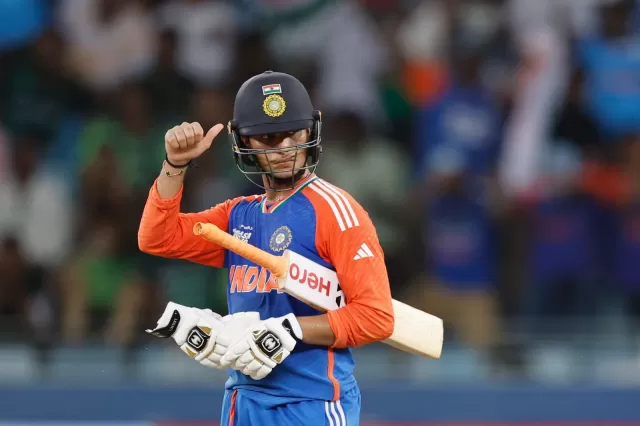
In a tournament where margins tighten under pressure, Akhtar spotlighted one lever that could flip momentum: India’s red-hot opener, Abhishek Sharma. With 248 runs from five games, including a blistering 39-ball 74 against Pakistan and a turbo-charged 13-ball 31 earlier, Abhishek had become India’s accelerant. Remove the spark, argued Akhtar, and the engine might cough.
“We have to get Abhishek out, that’s it… The moment Abhishek gets out in the first two overs, mark my words, India will also be in trouble.” —Shoaib Akhtar, on Game On Hai, PTV Sports
This wasn’t idle chatter. It was a bowler’s blueprint: challenge with steep bounce, attack good length, accept the odd boundary, and hunt the dismissal. Stifle the start and force India to build again—against a Pakistan attack fronted by Shaheen Shah Afridi and the pace of Haris Rauf.
Pakistan’s Pace Faith: Shaheen and Haris as the Spearhead
Akhtar doubled down on Pakistan’s fast-bowling pedigree. If India was the top-ranked force, Pakistan, he insisted, still possessed the world’s most decisive match-up weapon: a left-arm new-ball artist and a tearaway enforcer. The message was simple—don’t survive the Powerplay; seize it.
“Forget about India being the number one team. We have the number one fast bowler in Shaheen Shah Afridi, and Haris Rauf is as quick as anyone in the world today.” —Shoaib Akhtar
Story Beat: The Mind Game Before the First Ball
Beyond tactics, Akhtar played on psychology. India’s aura—hawa—had grown with every clinical performance. Pakistan, he argued, must puncture it with intent, not caution. Bowl to dismiss, not to complete overs; bat to seize, not to survive. In a final, belief is a skill.
“We need to break out of this mindset, break down the hawa (aura) that has been built around the Indian team… Take India on.” —Shoaib Akhtar
Controversy Spotlight: The Exact Terms That Lit the Fuse
Akhtar’s words ricocheted through studios and social feeds because they weren’t hedged; they were provocative by design. He framed the final as the destined blip in India’s otherwise spotless run.
“Break India’s aura, unka bura din toh aana hai, it’ll be in the Asia Cup final.” —Shoaib Akhtar
That line—half prediction, half provocation—became the headline. To Pakistan fans, it was a spine-straightener. To Indian supporters, a gauntlet thrown. To neutrals, the promise of drama.
— Watch: Video Remark & On-Air Exchange —
Here is the broadcast clip of Shoaib Akhtar’s remarks from PTV Sports’ “Game On Hai” here to provide full context of tone, panel reactions, and the exact sequencing of his statements.
India’s Counter-Narrative: Why the Aura Exists
For balance, consider why this “aura” exists. India’s dual wins over Pakistan in the same tournament weren’t accidents. The openers imposed tempo, the middle order finished with authority, and the bowlers protected totals with ruthless efficiency. Even if Abhishek falls early, India’s bench of match-winners—from top to lower-middle—has repeatedly absorbed shocks and rebounded. That depth is the real aura: not invincibility, but inevitability.
Akhtar’s Paradox: Critic Yesterday, Believer Today
Interestingly, Akhtar’s stance came after weeks of stinging criticism of Pakistan’s selections and form. But when Pakistan clawed past Bangladesh, he pivoted to praise and belief—another psychological lever. He reminded viewers that Pakistan’s identity includes late surges and dramatic finals, a history of chaos alchemized into clutch.
“Pakistan plays the worst cricket… but the minute the final comes, they play the best cricket and they win the final.” —Shoaib Akhtar
What It Means for the Final: Pressure, Plans, and the First 12 Balls
Strip the noise and one contest gleams: Abhishek Sharma vs the new ball. If Pakistan’s quicks can swing or seam it enough to dislodge him early, India’s innings might shift down a gear, inviting risk where control usually lives. Conversely, if Abhishek survives—and strides—the aura talk drowns in the crack of clean hitting.
- Pakistan’s best route: Attack lengths at the top, pack the cordon, keep mid-wicket patrolled for miscues.
- India’s insurance: Trust depth; rotate if needed; counter with a calm second gear before accelerating post-10.
- Fielding factor: Pakistan’s catching must hold; one drop can flip the script back to India’s rhythm.
Gautam’s Whisper and the Unpredictability Clause
Akhtar even invoked a voice from India’s dressing-room past—Gautam Gambhir—to underscore Pakistan’s volatility: the team you cannot take for granted. It was part caution, part needle, constructed to make India prepare for the best version of Pakistan, not the inconsistent one.
“Gautam… will tell them ‘Is team ka aitbaar nahi’ (You can’t trust this team to always play badly). You’ll have to bring your A-game against Pakistan.” —Shoaib Akhtar
Final Word: Between Aura and Afterglow
In the end, Akhtar’s controversy is the essence of elite sport: pressure reframed as opportunity, doubt recast as dare. If Pakistan break India’s start, the final becomes a fistfight. If India ride the first surge, their aura hardens into silverware. Either way, the first dozen balls may script the night—and the Rawalpindi Express has made sure everyone is listening for that opening whistle.
Key Takeaways
- Shoaib Akhtar urged Pakistan to “break India’s aura” and predicted India’s “bad day” could arrive in the Asia Cup final.
- Tactical flashpoint: dismiss Abhishek Sharma inside the first two overs to dent India’s momentum.
- Pakistan’s belief hinges on Shaheen Afridi’s swing and Haris Rauf’s pace; India’s strength is depth and repeatability.
- The controversy doubles as motivation and mind-game—setting a combustible tone before the first ball.
Also Read: Top 10 Young Indian Cricketers to Watch in Next Decade


Disclaimer
Possible11 is a sports news and analysis platform designed purely for entertainment and educational purposes. All match previews, player insights, and team analyses are based on publicly available information and expert opinions. We do not promote or support betting, gambling, or real-money gaming in any form. Users are encouraged to enjoy our content responsibly and use it for informational purposes only.
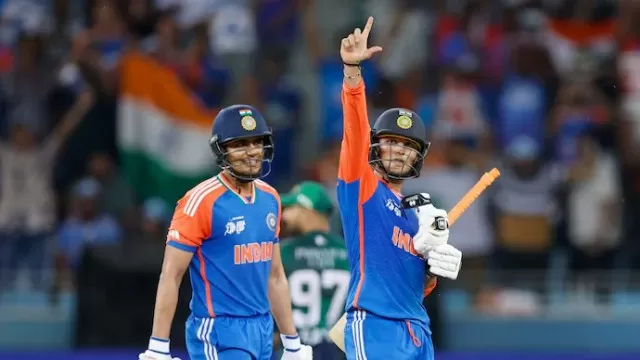

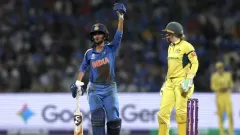



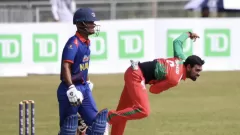

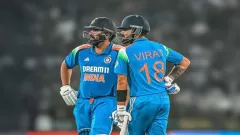


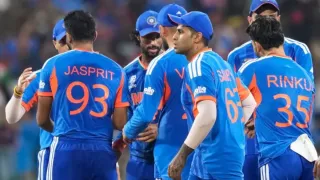
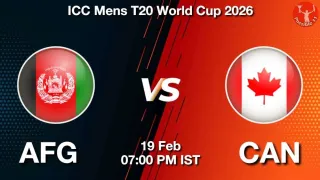

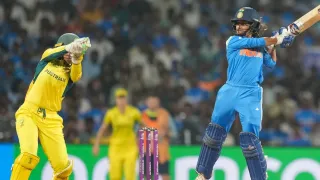

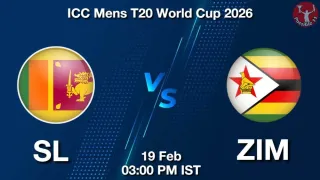

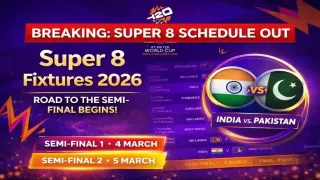
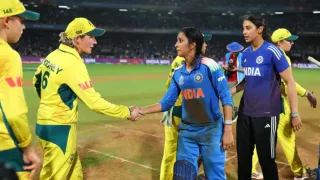
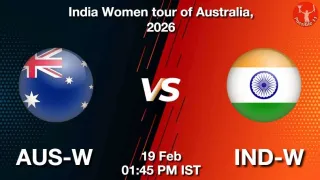
Give Your Feedback